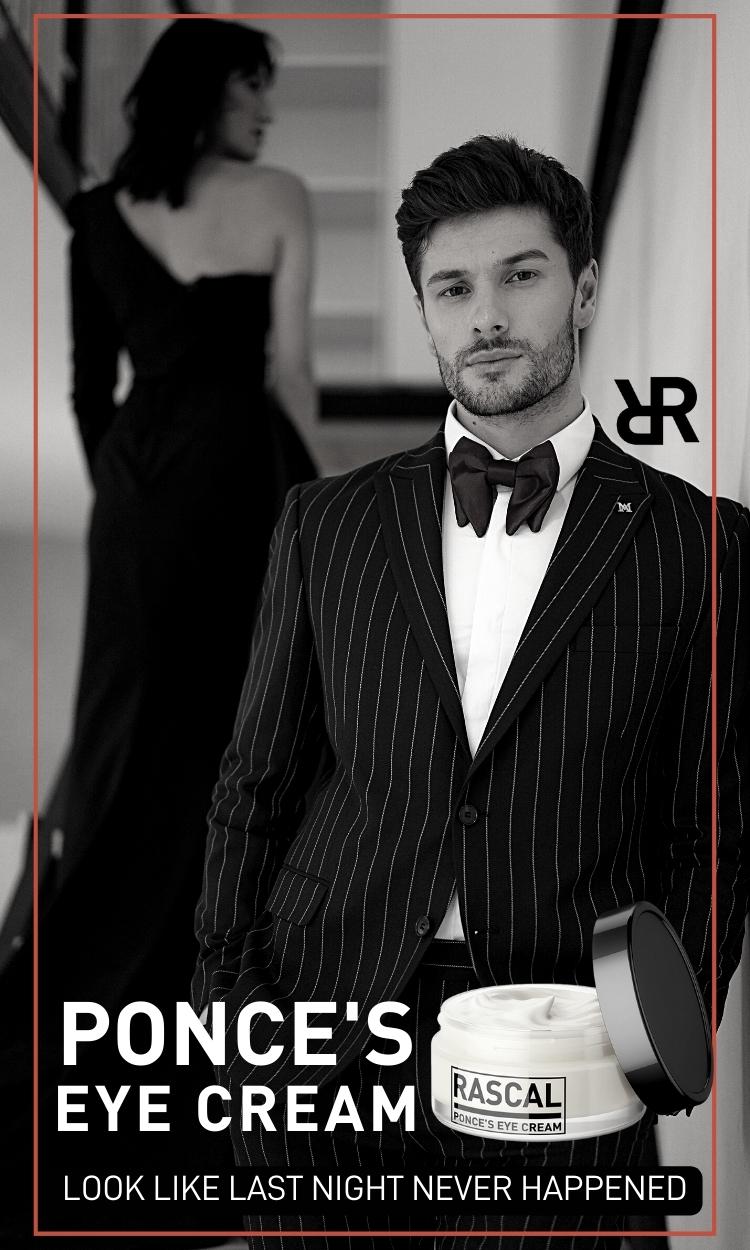It can be tough to express the “right way” to approach romance because every relationship is different. It’s not one size fits all. But just as we know a reliable compass always points North, or that the sun will rise tomorrow, there are some fundamental truths which haven’t changed since the days of Adam and Eve.
One such truth is this: the second a woman believes there is no more mystery in the man she is romantically attached to, when she has him completely “figured out,” when she knows that he is all-in and in love, that is when the clock starts ticking to the end of a healthy relationship dynamic.
In the movie Forgetting Sarah Marshall there is a scene where Peter, who is heartbroken and trying to piece himself together after a particularly rough break-up, is taking his first surfing lesson.
His instructor explains to him: “The less you do, the more you do. Don’t do anything.”
In response Peter simply lays down on the surfboard and doesn’t do a thing. To which the instructor says ‘Well, no, you’ve gotta do more than that.”
This, in essence, is the tightrope men need to walk in relationships. You can’t let her know you’re fully committed, even if you might feel that way. You need to be seen (and you genuinely should be) chasing your dreams, fulfilling your life’s purpose, pursuing meaning. You’re surfing through life on your own terms and if she wants to come and surf the waters with you – whether it be easy-going by the shore or along tall intimidating waves – she’ll trust in you, as the man, to lead the way. You’re the compass.
I once had an ex, back when she wasn’t an ex, try to explain to me where I was going wrong in the relationship. In a parking lot at 12am she stood behind me and said, “This is what I need from you.”
It was her way of trying to explain that she didn’t want to be the most important thing in my life (which, at the time, she was). When she said this I said to her, “How can I lead the relationship if I can’t even see you?”
Now, post break-up and wiser from picking up the pieces, I understand what it is she meant. I was doing too much to demonstrate how much I loved her (at the time). I was being the so-called “hopeless romantic.” In truth, I was being a total loser, albeit a well-meaning one.
For a lot of men it takes a particularly bad break-up to find their real purpose in life. To start hitting the gym or to try harder in their career or business (even if it means flipping the chess board and chasing a whole new one). Because it is through pain we are able to learn from our mistakes. It’s said a wise man learns from the mistakes of others, but, alas, some of us aren’t so wise and have to learn life’s hard truths the hard way.
This may be tough to hear, but a lot of men of the Millennial and Zoomer generations are the product of fathers who simply didn’t teach them how to be men. A whole generation of sons of hen-pecked, listless, unambitious Dads.
When I was fourteen years old I had my first few chin hairs come in. Boy was I excited to learn how to shave. So I asked my Dad if he would show me how. A true father-son bonding moment like something from a movie was what I had in mind.
Instead my Dad tiredly mumbled “okay” and treated the whole experience of teaching me to shave like a chore. Not because he didn’t like me, or because he didn’t care, but because he simply didn’t see the importance of a small milestone moment like this in his son’s life. This is one of countless examples of where a father has an opportunity to be an example for his son to imitate.
In the absence of a masculine father to imitate I turned to movies. What did I have for male role models growing up? Sex comedies like the American Pie series, Eurotrip, Superbad, Judd Apatow movies like The 40 Year Old Virgin & Knocked Up. And one of my old favorites, The Girl Next Door (the one starring Emile Hirsch) about a social outcast who falls in love with an ex porn star.
Movies filled with man-children, sex-pests, and horny social rejects. With movies like these being the cinematic diet for an adolescent young man, is it no wonder so many young men these days are clueless when it comes to relationships.
In romantic comedies there would always be a sense of “forever” to the relationship between the lead stars of the movie. Typically an “all-in” moment from the male lead making it clear that he’ll do anything to make the relationship work.
Whether it be Ben Stiller rubbing a peanut on the ground before eating it as a sign of his love for Jennifer Aniston in Along Came Polly (2004), or Tom Cruise telling Rene Zellweger in Jerry Maguire (1996) that her character “completes” him. Or John Travolta as Danny Zuko in Grease (1978) ditching his cool leather jacket for a dorky sweater for Sandy (only for her to turn around and change for him anyway).
It’s this “happy ever after” message in movies that is the most deceptive and backwards for men (and for women). Anyone who has been through the ringer in relationships knows that they’re ever-changing, and never, ever, certain.
Relationships are a persistent dynamic, a forever tug-of-war. The tension, the arguments, the uncertainty, is part of what keeps things fresh and balances out the times where the relationship is smooth sailing.
For men, there is no “winning” a woman’s heart forever. Maintaining a woman’s affection is like spinning a plate, whilst also keeping an eye on all the other plates (work, health, friends, family, etc). Plates, plates, and even more plates. That’s what being a man is about: keeping all these plates spinning and accepting that is our lot in life. We’re built to toil, and relationships are no exception. Despite what movies would have us believe.



